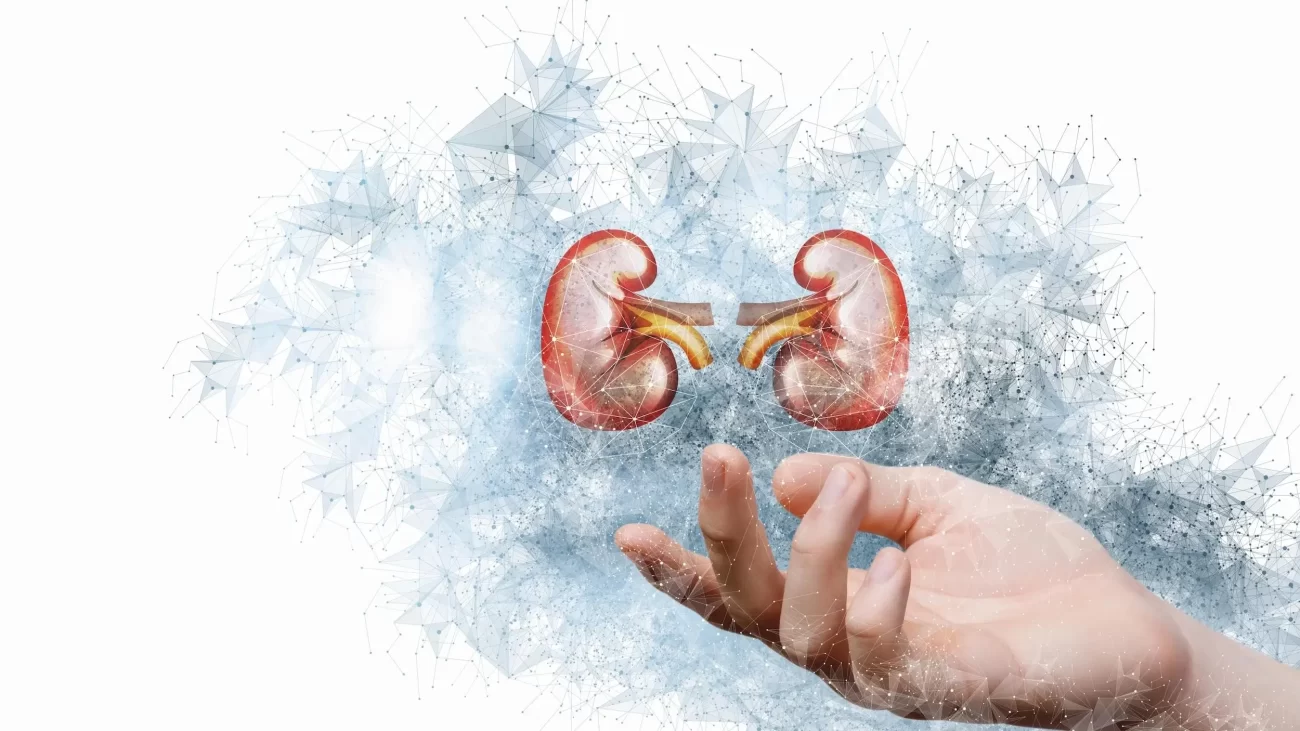Kidney Cancer: Symptoms, Diagnosis, and Treatment Options

Kidney cancer arises when the cells in the kidneys grow abnormally and uncontrollably. This disease often presents vague symptoms in its early stages, making detection difficult, but as it progresses, it can impair kidney function and cause serious damage to the body. With early diagnosis and appropriate treatment, the prognosis for kidney cancer can be highly favorable. In this article, we will explore what kidney cancer is, its symptoms, diagnostic methods, and treatment options in detail.
What is Kidney Cancer?
The kidneys play a crucial role in filtering blood and eliminating waste products through urine. Kidney cancer typically originates in the small tubes within the kidney, where abnormal cellular growth occurs. The medical term for kidney cancer is renal cell carcinoma (RCC), which accounts for the majority of kidney tumors.
Without early detection and treatment, kidney cancer can spread to other vital organs, such as the lungs, liver, or bones. However, when diagnosed early, the chances of effective treatment are significantly improved.
Symptoms of Kidney Cancer
In the early stages, kidney cancer may not present noticeable symptoms. However, as the disease advances, the following common symptoms may appear:
- Pain in the Back and Kidney Area: As the tumor grows, it may exert pressure on the kidney, causing persistent or intermittent pain in the lower back. This pain may start mildly and worsen over time.
- Blood in Urine (Hematuria): One of the most common signs is the presence of blood in the urine, which may cause it to appear red, pink, or cola-colored. In some cases, blood may only be detected through microscopic analysis.
- Difficulty Urinating: Some individuals may experience discomfort, pain, or difficulty while urinating, or feel a constant urge to urinate.
- Changes in Urine Color: Dark or cloudy urine may indicate that kidney function is compromised.
- Loss of Appetite and Weight Loss: A sudden decrease in appetite and unintentional weight loss are also common signs of kidney cancer.
- Chronic Fatigue: Fatigue and weakness that persist over time can occur in advanced stages of the disease.
- Fever: Unexplained, low-grade fevers may also be a symptom of kidney cancer.
If you experience any of these symptoms, it is essential to seek medical attention promptly, as early detection can significantly improve treatment outcomes.
How is Kidney Cancer Diagnosed?
Doctors use various tests and imaging techniques to diagnose kidney cancer based on a patient’s symptoms. Common diagnostic methods include:
- Urine Tests:
The presence of blood or other abnormalities in the urine can be an early indicator of kidney cancer. A urine analysis helps in identifying such abnormalities.
- Blood Tests:
Blood tests assess kidney function and overall health. Kidney cancer may affect how the kidneys work, causing detectable changes in certain biomarkers.
- Imaging Techniques:
- Ultrasound: Often the first imaging test to detect tumors in the kidneys.
- Computed Tomography (CT) Scan: Provides detailed images of the kidney to assess the size and spread of tumors.
- Magnetic Resonance Imaging (MRI): Offers detailed images of kidney tissue and helps determine the extent of cancer.
- Biopsy:
A biopsy involves extracting a small sample of kidney tissue for microscopic examination. It is the most reliable method for confirming the presence of cancer.
Treatment Options for Kidney Cancer
The choice of treatment depends on the cancer stage, type, and the patient’s overall health. Here are the primary treatment options for kidney cancer:
- Surgery:
- Partial Nephrectomy: The removal of only the cancerous portion of the kidney.
- Radical Nephrectomy: Involves the complete removal of the affected kidney. This is often performed if the cancer is localized, with the remaining kidney taking over the body’s filtration needs.
- Radiation Therapy:
Radiation is used to destroy cancer cells, especially in cases where surgery is not an option or when cancer has spread to other areas like bones.
- Targeted Therapy:
This type of treatment focuses on stopping the growth of cancer cells by interfering with specific molecules involved in tumor development. Targeted therapy is particularly effective in metastatic kidney cancer.
- Immunotherapy:
Immunotherapy enhances the body’s immune system to fight cancer more effectively. It is often used in advanced stages when other treatments have not been effective.
The Importance of Early Detection and Regular Check-ups
Kidney cancer is a manageable condition if detected early. However, symptoms often appear only in advanced stages, making it challenging to diagnose. Therefore, individuals at risk should undergo regular health screenings to catch the disease at its earliest stages.
If you notice any unusual symptoms, do not hesitate to seek medical advice. Early detection can significantly increase the chances of successful treatment and recovery.
Remember, early diagnosis saves lives!
